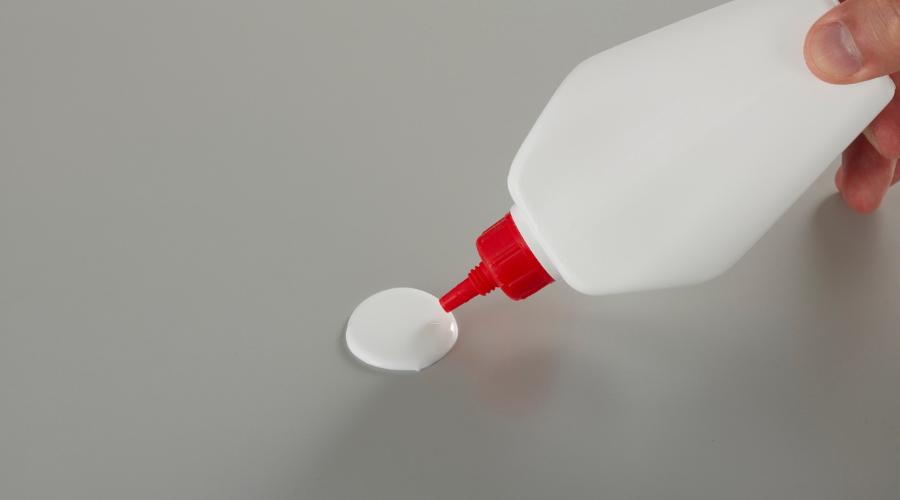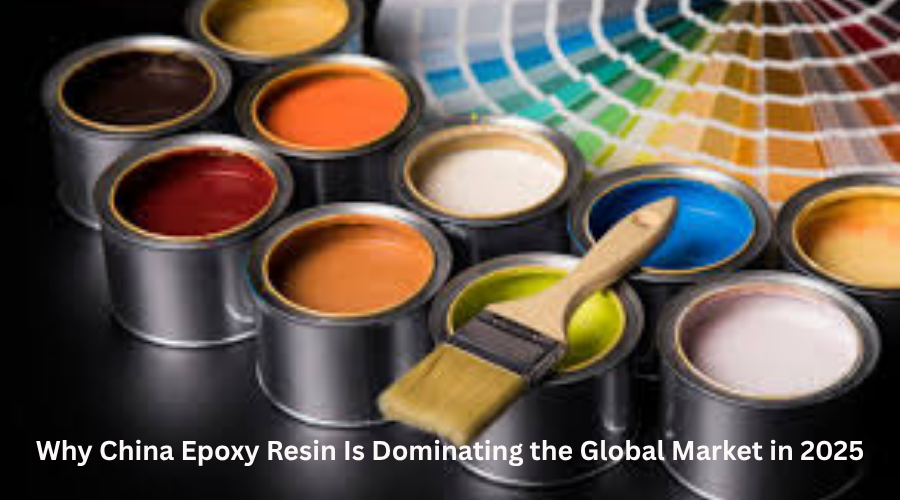Where Can I Find a Reliable Rubber Adhesive Supplier?
- qinglongdatech
- Jun 13, 2025
- 5 min read

Whether you're working in automotive manufacturing, electronics, construction, or even craft production, one thing is certain—rubber adhesives play a crucial role in keeping components intact, sealed, and durable. But here's the challenge: with so many suppliers flooding the market, how do you find a supplier you can actually count on? If you've asked yourself, "Where can I find a reliable supplier of rubber adhesive?" you're not alone.
The good news? You're in the right place. Finding a reliable rubber adhesive supplier is not just about locating a vendor—it's about partnering with someone who delivers consistent quality, meets your business demands, and provides solid support. Let's dive deep into how to identify a trustworthy supplier, what to look for, and where you should begin your search.
Understanding "Reliability" in an Adhesive Supplier
Before we jump into the "where," let's clarify what a truly reliable supplier embodies. It's more than just providing a product; it's about a holistic partnership that offers:
Consistent Product Quality: The adhesive performs as expected every single time, without variations in bond strength, curing time, or other critical properties. Inconsistent quality can lead to product defects, costly recalls, and production downtime.
Technical Expertise & Support: A reliable supplier isn't just a vendor; they're a resource. They should have a deep understanding of adhesive chemistry, application methods, and problem-solving capabilities to assist you with specific challenges. This includes guidance on surface preparation, application techniques, and troubleshooting bonding issues.
On-Time Delivery & Supply Chain Stability: Your production schedule depends on consistent supply. A reliable supplier has robust logistics and supply chain management to ensure your orders arrive when needed, minimizing disruptions.
Product Range & Customization: They offer a diverse portfolio of rubber adhesives (e.g., natural rubber, synthetic rubber, latex-based, solvent-based, water-based) and potentially the ability to customize formulations for unique applications.
Regulatory Compliance & Certifications: Adhesives often need to meet specific industry standards (e.g., for automotive, construction, medical devices) and environmental regulations. A reliable supplier ensures their products comply and provides necessary documentation (e.g., Material Safety Data
Sheets - MSDS, RoHS compliance).
Competitive Pricing (Value, not just cost): While price is a factor, reliability isn't about being the cheapest. It's about offering competitive pricing that reflects the value delivered through quality, support, and consistency.

Why the Right Supplier Matters
Let's be honest—adhesives may seem like a minor component in large-scale operations. However, one failure due to subpar quality can lead to product defects, safety risks, and costly recalls. A dependable rubber adhesive supplier ensures:
Consistency in product quality
On-time deliveries
Regulatory compliance
Technical support
Cost-effectiveness over time
In short, choosing the right partner isn't just wise—it's a strategic business decision.
Key Qualities to Look for in a Rubber Adhesive Supplier
If you're sourcing adhesives for professional or industrial use, here are some non-negotiable criteria to consider:
1. Proven Industry Experience
A supplier with years—or even decades—of experience is more likely to understand the complexities of adhesives across industries. They'll know what works best for specific environments (heat, moisture, vibration, etc.) and can recommend the right formulas.
2. Certification and Quality Assurance
Confirm industry approvals such as ISO 9001, RoHS compliance, or REACH certification. These show a commitment to quality, safety, and environmental standards.
Also, check if they have in-house testing labs or third-party quality inspections to ensure the consistency of every batch.
3. Product Range and Customization
Can the supplier offer:
Pressure-sensitive adhesives
Contact adhesives
Solvent-based or water-based options
Custom formulations?
A broad catalog shows flexibility, but customization is even better. A supplier who understands your exact application and can tailor products accordingly offers a serious competitive edge.
4. Reliable Logistics and Global Reach
Your business shouldn't come to a halt because of late deliveries. Check whether the supplier can:
Ship globally
Offer fast turnaround times
Maintain inventory for high-demand items
Having local distribution centers or partnerships can also cut down your lead times significantly.
5. Transparent Communication and Support
A truly reliable partner is responsive, clear, and committed to your success. Whether you need technical advice, product data sheets, or after-sales support, they should be ready to assist—without delays.
Where Should You Start Looking?
1. Online Industrial B2B Platforms
Websites like Alibaba, Made-in-China, and Global Sources list thousands of suppliers—but don't just stop at comparing prices. Read reviews, look at response rates, and ask detailed questions to evaluate credibility.
2. Trade Shows and Industry Expos
Attending trade fairs such as ChinaPlas, Adhesives & Bonding Expo, or The International Adhesives and Sealants Expo (ASIA) is a great way to see products in action, meet suppliers face-to-face, and build long-term relationships.
3. Direct Manufacturer Websites
Sometimes, the best suppliers aren't the flashiest online—but they deliver on every front. Once you shortlist some names from B2B sites or referrals, check their official websites. Look for product catalogs, customer testimonials, case studies, and certifications.
4. Industry Forums and LinkedIn
Joining professional groups on LinkedIn or forums like Adhesives.org and Reddit's Manufacturing or Engineering communities can help you find real reviews and personal recommendations from industry veterans.
Warning Signs to Avoid
Not all suppliers who seem good are worth your trust. Here are a few red flags:
Vague or missing product information
No references or case studies
Extremely low prices that seem too good to be true
Inconsistent communication
No proof of quality control or testing
When in doubt, ask for samples, test them in real conditions, and evaluate technical documentation.
Benefits of Working with a Reliable Supplier
Partnering with a trustworthy adhesive manufacturer offers long-term benefits:
Reduced failure rates in your final product
Smoother production timelines
Stronger brand reputation
Lower costs due to fewer reworks
Scalable solutions as your demand grows
It's not just about finding someone who sells adhesives. You need a supplier who understands your product lifecycle and adds value beyond the transaction.
Building a Long-Term Partnership
Finding a reliable supplier isn't a one-off transaction; it's about building a long-term partnership. Once you've identified a suitable supplier through rigorous vetting and successful testing, foster open communication, provide feedback, and collaborate on any future needs or challenges. A true partner will grow with your business, offering consistent quality and support as your requirements evolve.
Conclusion:
Finding a reliable supplier may take time, but the payoff is worth it. From ensuring consistent product quality to building a partnership that grows with your business, the right supplier acts as a key contributor in your success.
Start by researching online platforms, attending trade shows, and consulting real-world feedback. Focus on certifications, communication, technical support, and custom solutions. Remember, this isn't just about buying a product—it's about investing in performance, reliability, and long-term success.
FAQs
Q1: What industries typically use rubber adhesives?
Rubber adhesives are widely used in automotive, construction, HVAC, electrical, packaging, electronics, and consumer goods sectors due to their strong bonding and flexibility.
Q2: Can I request custom formulations from a supplier?
Absolutely. A good supplier should offer custom formulations based on your unique needs—such as temperature resistance, curing time, or substrate compatibility.
Q3: Are all rubber adhesives the same?
Not at all. There are various types, such as natural rubber-based, synthetic rubber (like neoprene or nitrile), and pressure-sensitive adhesives, each with different characteristics.
Q4: How do I test adhesive quality before committing to a supplier?
Request samples and conduct tests under your specific operating conditions. Look at bond strength, curing time, heat resistance, and performance over time.







Comments